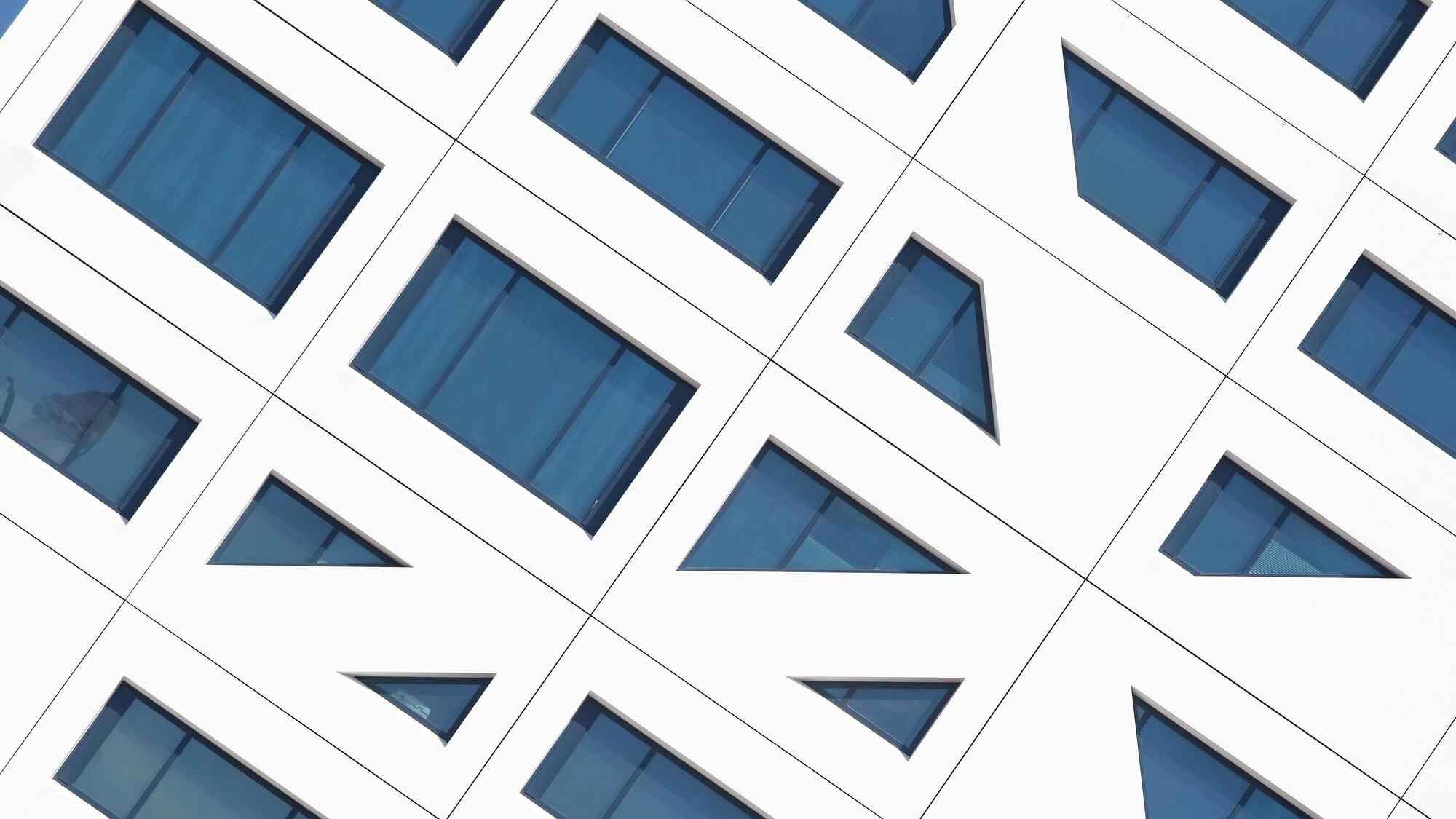As the saying goes, “Nothing can be said to be certain, except death and taxes.”
When it comes to buying a new home, you might be wondering when you’ll get hit with the property tax bill. Whether you’re figuring out the closing costs on your new property, or have already moved in, it’s a good idea to budget for any additional costs you may have missed.
What are property taxes? How does Canadian property tax work?
In Canada, each level of government provides a set of services to its residents. For example, the federal government is responsible for things like federal tax, national defense, banking regulations, and foreign affairs. The provincial government oversees provincial taxes, hospitals and schools, among other services. And lastly, the municipal government provides services like garbage collection, parks, fire prevention and road maintenance. Homeowners pay the property tax to their municipality, otherwise known as their local government, to pay for the costs of those services.
How much are property taxes?
Every municipality will set their own tax rate for the year. Your property tax is based on the assessed value of your property and the tax rate of your city.
Is land transfer tax the same as property tax?
The land transfer tax is not the same as your property tax. The land transfer tax is a one-time fee paid to your provincial (and sometimes municipal) government when a property or home is transferred from the seller to you.
Land transfer tax rates will also vary depending on the province or city your property is located in. In some provinces, the land transfer tax is applied to every home or property once purchased and will depend on the fair market value of the property on the day it was registered with the Land Title Office. If you’re thinking about buying a home or about to close, we have calculators for you to easily calculate your land transfer tax or closing costs.
Do property taxes increase every year?
Property taxes are not guaranteed to increase every year, although it’s a smart move to budget as if they will. In general, as the cost of living goes up, it’s a safe bet your property taxes will too! Sometimes, the municipal government will decide to keep the tax rate the same as the previous year. This means your property taxes would remain unchanged if the assessed value of your property also stayed the same.
As a buyer, what happens if the seller has already paid the property taxes?
Property taxes are often paid in installments so if you’re buying halfway through the year, the seller may have already paid some of the property taxes. As a home buyer, you will see this reflected in your statement of adjustments provided by your real estate lawyer prior to closing day. For example, if the property taxes were paid in full by the previous homeowner, and your closing day was 6 months into the year, there would need to be an adjustment. The seller would be responsible for 50% of the property tax, which means you would have to pay them the other 50% for the remaining 6 months.
Your real estate lawyer will be responsible for calculating the adjustment and letting you know the balance owing, which will be on your statement of adjustments.
How do I pay my property taxes after closing?
Usually, you will pay your property taxes through your bank, but setting up payment for your property taxes will depend on the city where you bought the home. If you are getting a mortgage, you can tell your bank or mortgage broker that you would like the property taxes to be included. The mortgage lender will pay your property taxes, and you’ll pay for it as part of your regular mortgage payment. Alternatively, if you prefer to pay the property taxes separately from your mortgage, you can request that as an option as well.
Paying your property taxes and your mortgage separately may make it easier if you decide to break your mortgage and switch lenders or refinance your mortgage later.
Where can I find how much property taxes will be for this year?
The easiest way to find out how much your property taxes are is to contact your local municipality. You can request a copy of your previous or current tax bill. You can also confirm if paying through installments is an option, or as a lump sum.
To sum up, when buying a home, you will need to assume payment of the property taxes, which may be partially paid for by the previous owner. You will usually do this through your financial institution, and if you didn’t get information about the property taxes from the previous owners, then you should contact the city to get your bill.







